14 Workspace Habits That Make No Sense
In our everyday work life, we all follow certain habits and routines without really thinking about why. It’s like we’re all in on a secret code that doesn’t always make sense. From automatically hitting “reply all” on emails that don’t need it, to sitting in meetings that go nowhere, we do these things almost on autopilot.
We tell ourselves it’s all in the name of being productive and professional, but if we’re honest, a lot of these habits don’t really help us work better or get along better with our coworkers. In fact, they can sometimes get in the way of real progress and new ideas.
It’s worth taking a moment every now and then to ask ourselves: Are these routines actually doing us any good, or are there smarter, more meaningful ways we could be spending our time at work?
1. Multitasking During Meetings
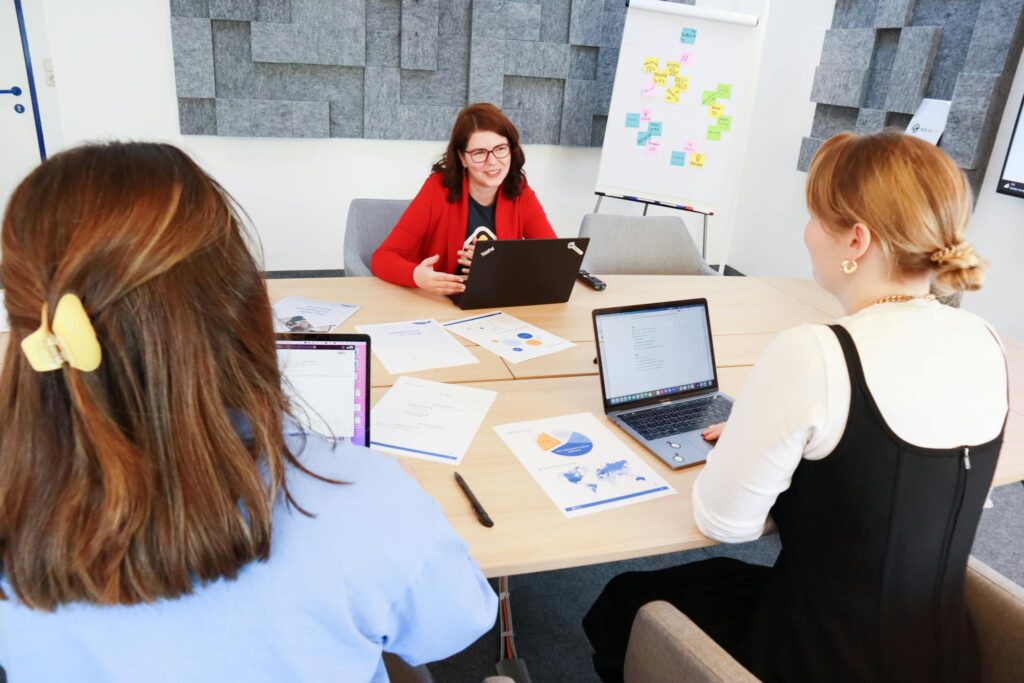
We’ve all been there—sitting in a meeting while simultaneously replying to emails, finishing up a report, or maybe even sneaking in a quick snack. While it might feel like you’re killing two birds with one stone, multitasking during meetings can actually lead to poorer work quality, disrespect to those presenting, and the risk of missing crucial information. Giving your full attention not only shows respect but ensures you’re fully grasping what’s being discussed.
2. Having to wear a suit when there is no client contact

Many professions require a certain dress code. In appearance, this makes sense…until it doesn’t. Take solicitors for example. Many don’t meet any clients and spend their days at computers.
Yet, many firms still expect them to wear an uncomfortable suit when coming to the office. This makes no sense and can even make the atmosphere feel a bit cold.
3. Eating Lunch at Your Desk Every Day

Grabbing a sandwich and eating it at your desk might seem like a great way to squeeze in some extra work, but making this a daily habit can lead to burnout. Stepping away from your desk for lunch provides a much-needed break for your mind and body, and it’s also a perfect opportunity to bond with colleagues. Remember, a real break can recharge you, making you more productive in the long run.
4. Having Meetings for Everything

While collaboration is key in any workplace, not every issue warrants a meeting. Over-scheduling meetings for matters that could be quickly resolved through an email or a brief chat not only eats up everyone’s time but also disrupts the flow of the workday. Before hitting that “schedule” button, ask yourself if this meeting is truly necessary or if there’s a more efficient way to communicate.
5. Taking Calls at Your Desk in Open Spaces

In today’s open office environments, taking calls at your desk can be incredibly disruptive to your neighbors. It breaks their concentration, adds to the overall noise level, and can create a less productive workspace for everyone involved. Consider stepping into a meeting room or a designated call area to keep the peace and maintain a conducive work environment.
6. Adopting an Open Space Without Consideration
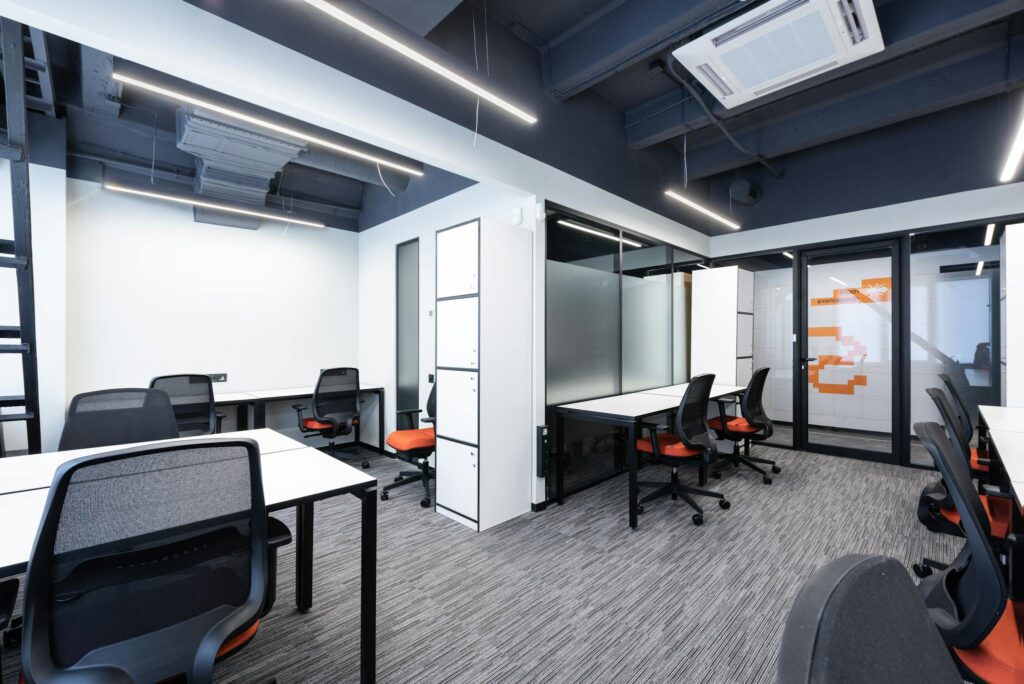
The open office layout is designed with collaboration in mind, but without careful planning, it can lead to more problems than solutions. Noise, lack of privacy, and constant interruptions can hinder productivity and increase stress among employees. Providing quiet spaces for focused work and ensuring there are policies in place to manage noise and distractions are essential for making an open office work for everyone.
7. Over-reliance on Email for Communication

Email has become the backbone of professional communication, but leaning too much on it can be a double-edged sword. While it’s great for keeping a record of conversations and sending detailed information, relying solely on emails for every discussion can slow down decision-making and lead to misunderstandings. Sometimes, a quick call or a brief face-to-face chat can resolve issues faster and more effectively.
8. Ignoring Breaks

In the hustle to meet deadlines, taking breaks might feel like a luxury we can’t afford. However, powering through the day without rest is a surefire way to burn out. Breaks are not just time off; they’re a critical part of staying productive and creative. Stepping away from your desk, even for a few minutes, can refresh your mind and reduce stress, making you more effective when you get back to work.
9. Keeping Notifications On All the Time

We live in a world of constant connectivity, where notifications can pull us away from our work at any moment. Keeping notifications on all the time fragments our focus and significantly reduces our efficiency. It’s essential to manage these interruptions by setting specific times to check emails and social media or using features like “Do Not Disturb” during periods of deep work.
10. The Perpetual Open-Door Policy
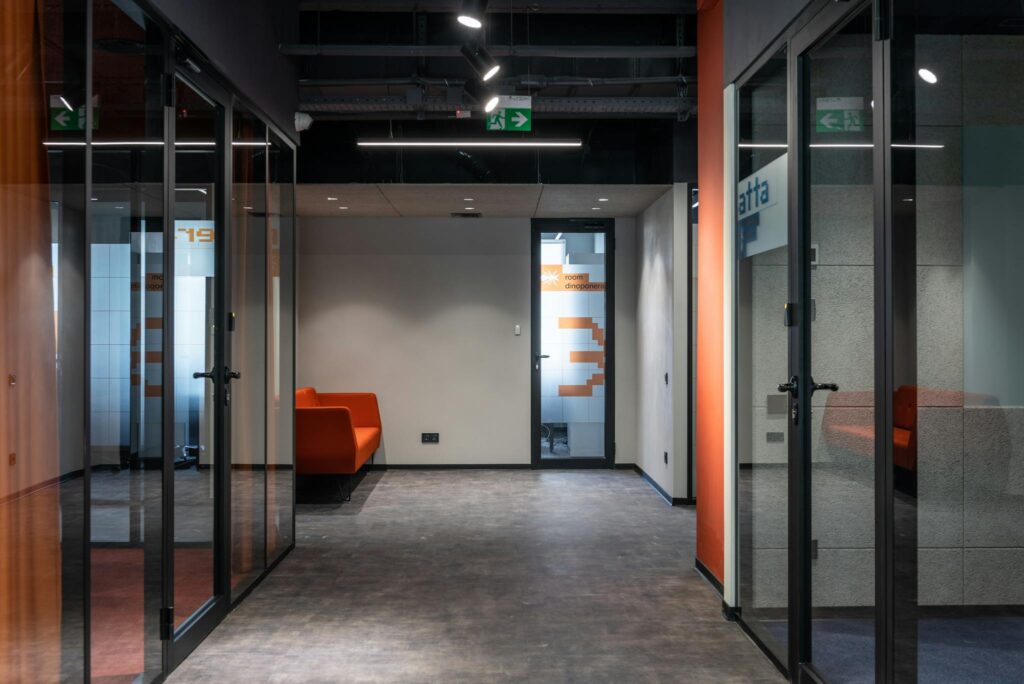
An open-door policy is meant to foster a culture of transparency and accessibility. However, if taken too literally, it can lead to a stream of interruptions that prevent deep concentration. It’s important to find a balance—schedule open times for team members to come in with questions or concerns but also set boundaries for uninterrupted work time.
11. Hoarding Documents and Emails

Digital clutter can be just as overwhelming as physical clutter. Holding onto every document and email without a clear organization system can make it challenging to find necessary information quickly. Regularly cleaning out and organizing your digital files can save you time and frustration, making your workflow more efficient.
12. Excessive Use of Reply All in Emails
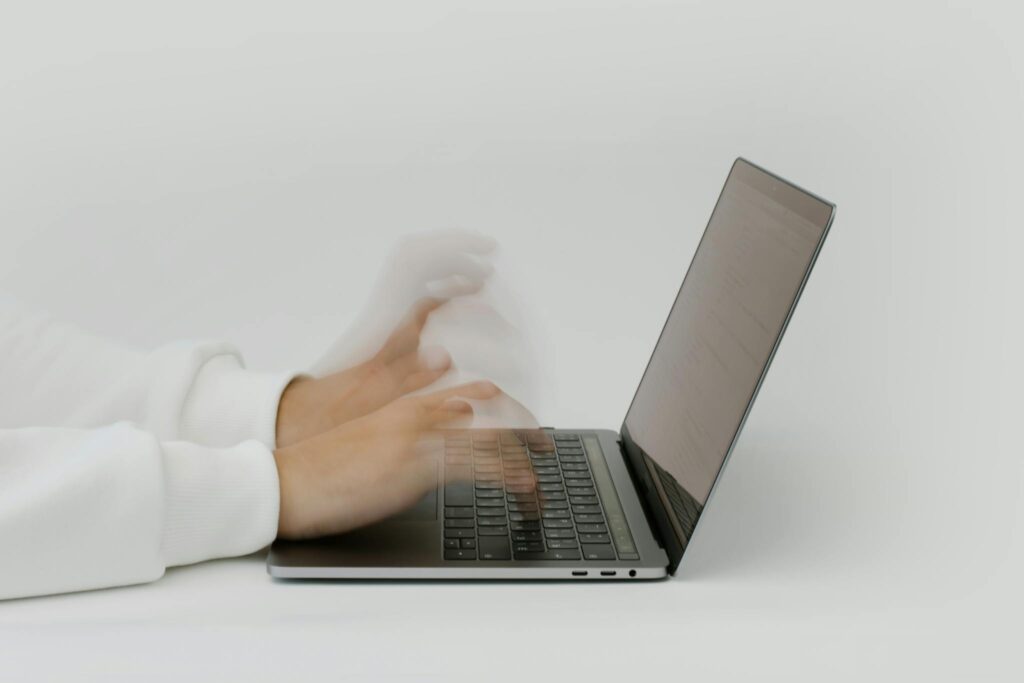
Hitting “Reply All” on every email can quickly flood our colleagues’ inboxes with messages they don’t need. It’s essential to consider whether everyone on the list needs to see your response. Cutting down on unnecessary “Reply All” emails can help keep inboxes cleaner and reduce distractions, making it easier for everyone to focus on what’s important.
13. Not Personalizing Workspace
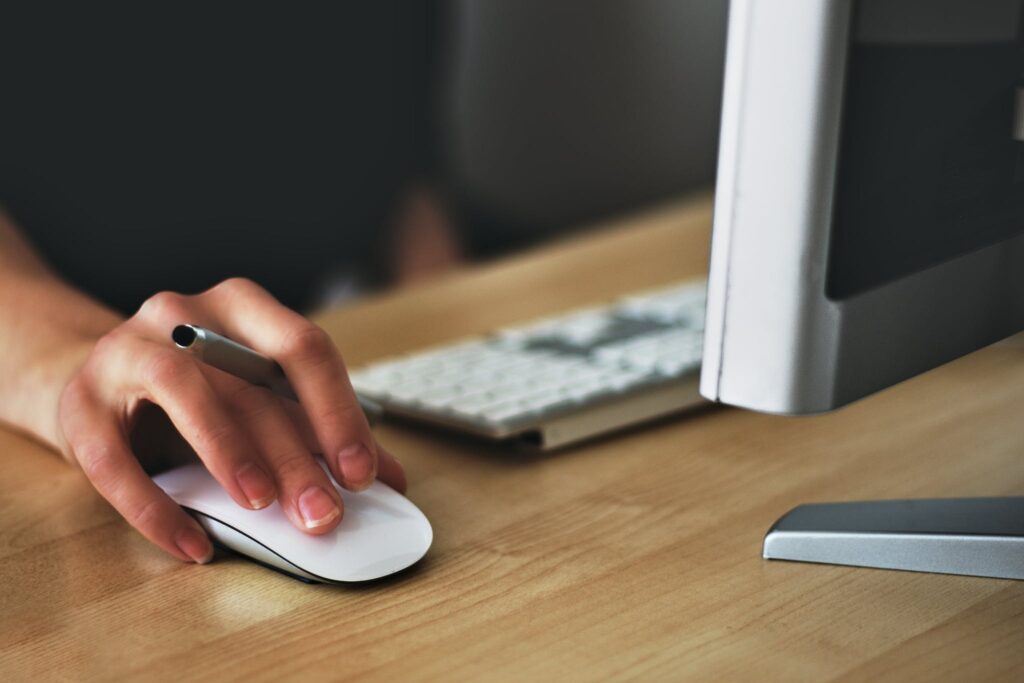
Our workspace is where we spend a significant portion of our day, and a little personalization can go a long way in making it feel more inviting and comfortable. Adding personal touches, like photos, plants, or even just organizing it in a way that feels right to you, can boost your mood and productivity. A workspace that reflects your personality can make you feel more at home, increasing motivation and job satisfaction.
14. Starting Meetings Without a Clear Agenda
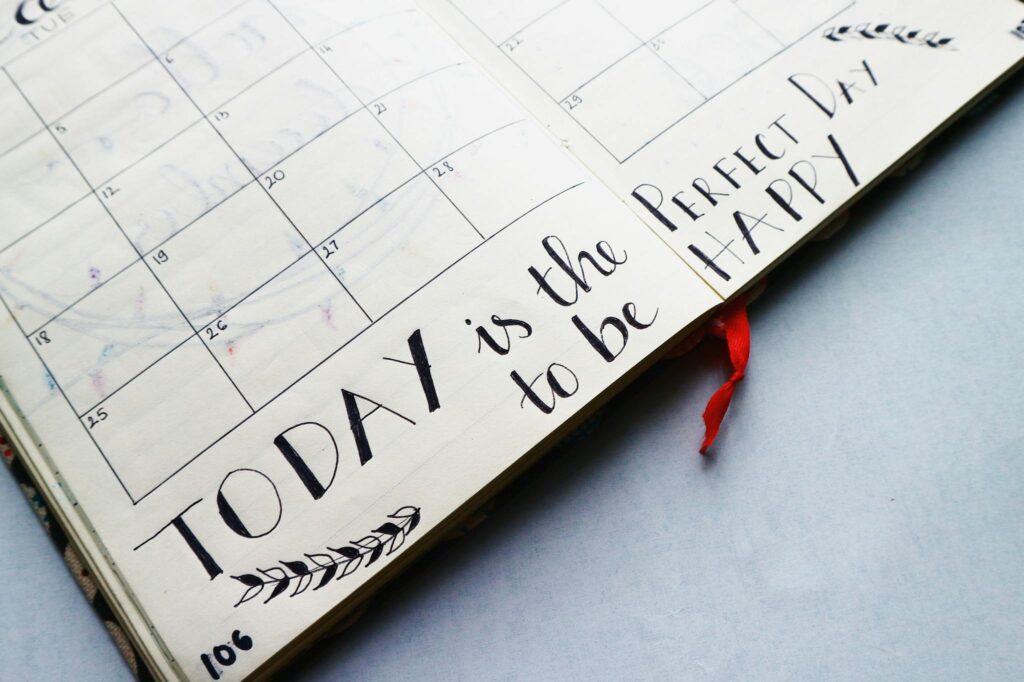
We’ve all been in meetings that seem to go on forever without a clear purpose. Starting meetings without a specific agenda or clear goals is a recipe for unproductive discussions and frustration. Ensuring every meeting has a defined agenda shared in advance allows participants to prepare and contributes to more focused, efficient, and effective meetings with actionable outcomes.
More From BeRightBack
- 10 Compliments From Your Manager You Should Be Careful About
- 10 Beliefs About French People That Are Wrong
- 10 Disgusting Things That Parents Have To Cope With
We are Mary and Eric, the founders of Be Right Back, a blog dedicated to romance around the globe and at home.
We are Mary and Eric, the founders of Be Right Back, a blog dedicated to romance around the globe and at home. With over 10 years of experience in dating and traveling to romantic places, we share our favorite date ideas and romantic destinations to help couples level up their relationships. Having lived in and traveled through the USA, we also share our favourite things to do in the States.
With 70,000 monthly readers and 16,000 followers on social media, Be Right Back is your go-to resource for romantic trip ideas and couple activities at home and abroad.
